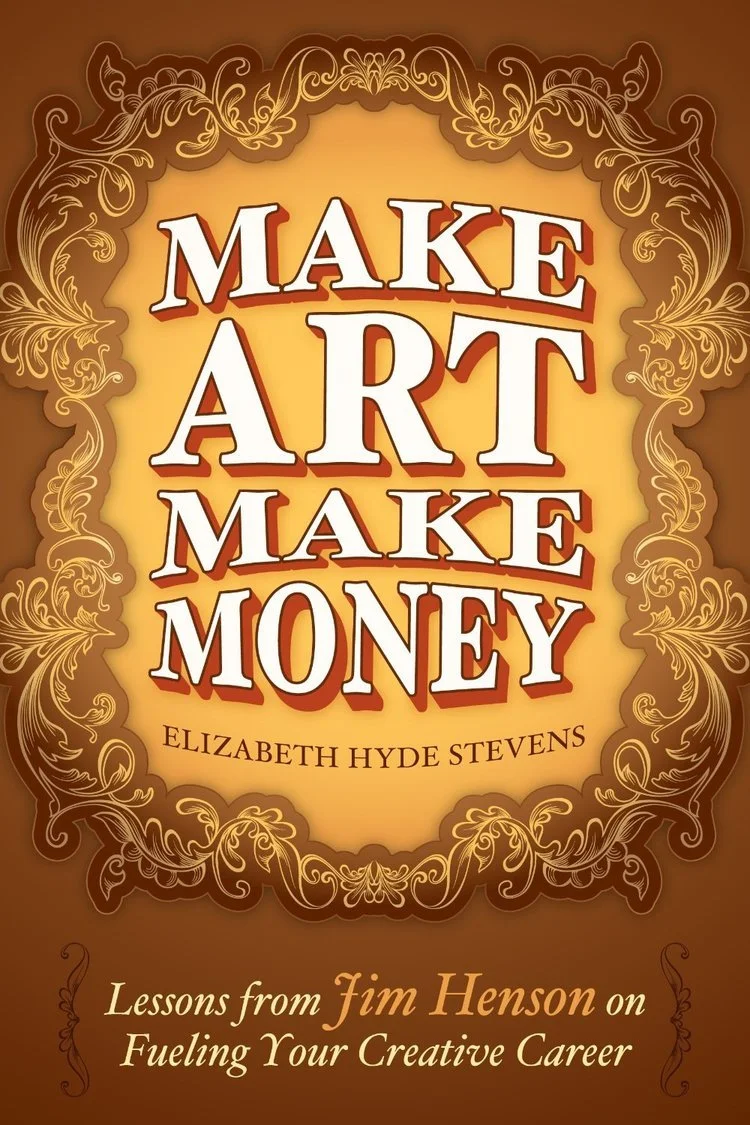I recently finished Make Art Make Money by Elizabeth Hyde Stevens, a detailed look at Jim Henson’s business career.
We all know the name behind The Muppets, but what were his business philosophies that shaped his companies? And what lessons can us creative-types learn from him?
Elizabeth Hyde Stevens breaks it all down. Below are some of my takeaways from the book.
The chief tension for the creative within capitalism is that they are “an artisan working in a gift economy but trying to survive in a market economy.”
“If you are turned off by the greed and avarice of the business world, know that part of the problem is that you - artists - aren’t there yet in great enough numbers.”
“One does not rid the temple of the money-changers by singing alone; one expels them by occupying the space they currently hold and keeping it. It is time for the faithful to reenter the market.”
Jim Henson “found a way to make art and money dance.”
The formula:
Make art.
Make art make money.
Make money make art.”
“Profit for art is usually a long-term prospect.”
“Reconsider selling out as quite possibly buying you time later to be more pure. Know that in order to sell out, you might need a handle for the masses to grasp your idea, but once you have it, your audience will follow you into any strange and darkened corner of your imagination - into places you never thought possible.”
“How many hours a day does an artist work on his art? All of them.”
“I know I drive some people crazy with what seems to be ridiculous optimism, but it has always worked out for me.” - Jim Henson
“Don’t listen to your friends who tell you they like leaving their work at work. They don’t have the same dream you do. They want the comfortable thing. You want the great thing.”
“When should you hire someone else to work with you? As soon as you can. Hiring someone means you believe in your business. It makes you accountable to someone else, and it makes you work harder than you would if it were just your own neck on the line. There is power in numbers. Henson had great power, but it came from generosity. If you want a job like Henson’s, you need to give someone else a job.”
“Because in order to leave a lasting legacy, you don’t want to die with the most money in your account; you want to leave behind pieces of work that feel as alive as you once were.”
“It is something that separates the successful artist from the starving artist - the ability to sell oneself effectively.”
“By being fearless, hardworking, generous, and calm, Henson’s attitude spread out in a contagious way to those around him.”
